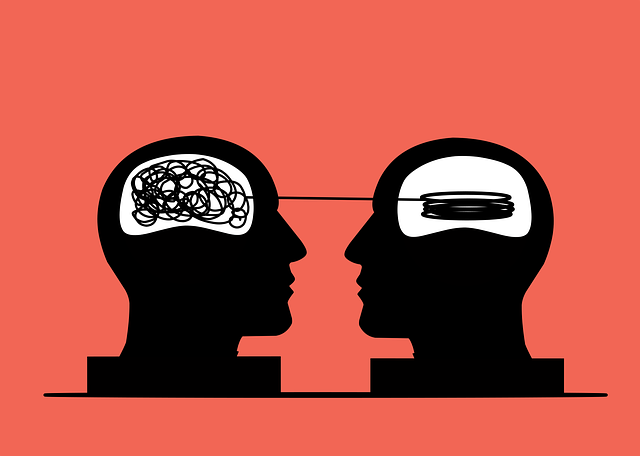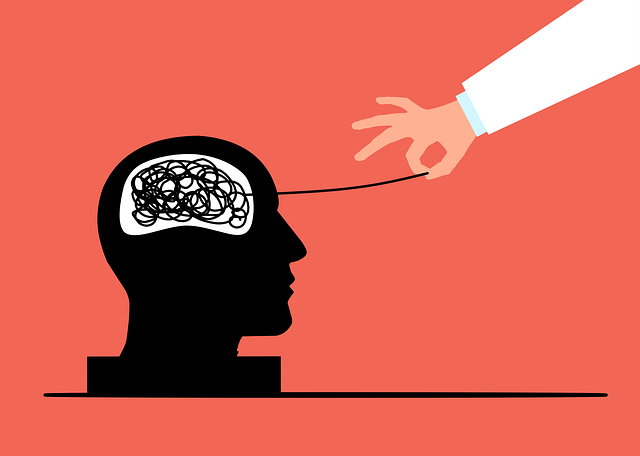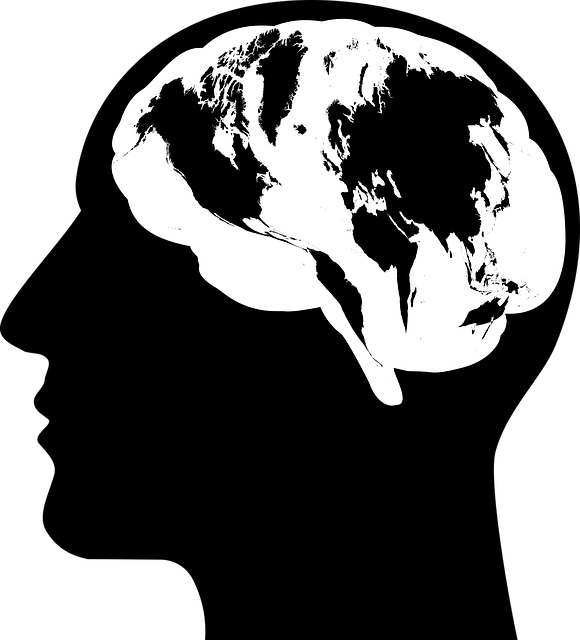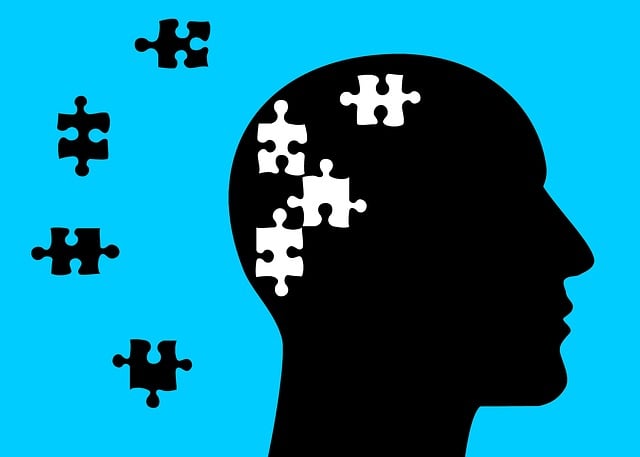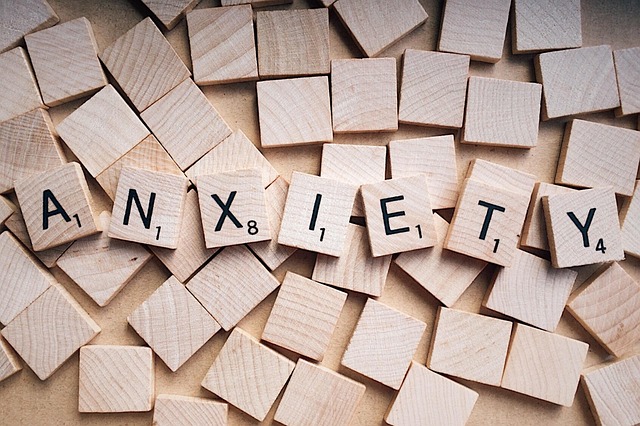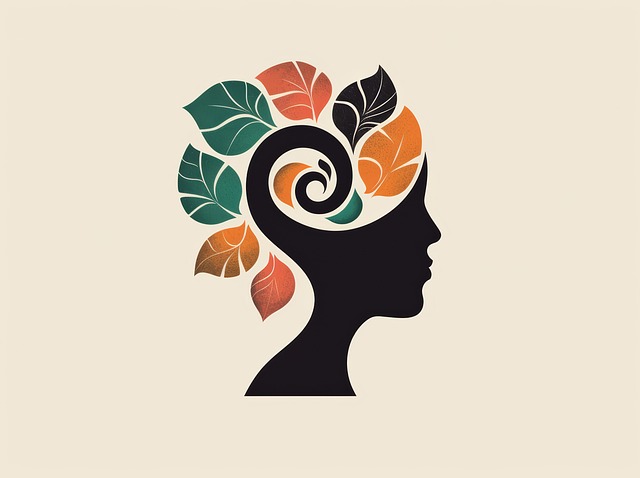Cultural sensitivity is vital in mental health care, as diverse societies demand inclusive support. The Parker Grief Counseling Therapy (PGCT) framework demonstrates tailored approaches for cross-cultural emotional needs, emphasizing understanding and respecting individual and collective cultural beliefs. Organizations facilitate this through competency training and workshops, encouraging continuous learning among healthcare providers. By integrating PGCT techniques, therapists build trust, validate cultural beliefs, and tailor stress reduction methods, enhancing therapy outcomes and empowering individuals to embrace mental wellness journeys.
Cultural sensitivity is an indispensable aspect of modern mental healthcare, ensuring equitable and effective treatment for a diverse range of patients. This article explores the intricacies of cultural sensitivity in mental health care, drawing on the influential framework of Parker Grief Counseling Therapy. We discuss strategies for practitioners to enhance their cultural competence, foster inclusive environments, and deliver tailored interventions, ultimately improving patient outcomes. By integrating these approaches, mental healthcare professionals can better serve diverse communities.
- Understanding Cultural Sensitivity in Mental Health Care
- Parker Grief Counseling Therapy: A Framework for Cultural Competence
- Strategies for Practicing Culturally Sensitive Mental Healthcare
Understanding Cultural Sensitivity in Mental Health Care

Understanding Cultural Sensitivity in Mental Health Care is a cornerstone for effective treatment and healing. In today’s diverse society, mental healthcare practitioners must embrace cultural sensitivity to provide inclusive support that resonates with individuals from various backgrounds. This involves recognizing and respecting unique cultural beliefs, values, and expressions of distress, which can significantly impact the way someone seeks help and responds to therapy. For instance, practices like Parker Grief Counseling Therapy have been developed to address the specific emotional needs of individuals navigating grief across diverse cultures.
Cultural sensitivity isn’t merely about checking a box; it’s an ongoing commitment to learn, adapt, and grow. Incorporating elements from the Mental Wellness Podcast Series Production can be a powerful tool for professionals seeking to enhance their cultural competency. Engaging in self-care practices and compassion cultivation techniques also foster a more nuanced approach, allowing practitioners to connect with clients on a deeper level while mitigating potential biases. Ultimately, these efforts contribute to creating safer, more supportive environments where individuals feel empowered to embrace their mental wellness journeys.
Parker Grief Counseling Therapy: A Framework for Cultural Competence

The Parker Grief Counseling Therapy (PGCT) framework is a powerful tool that equips mental healthcare professionals with strategies to navigate cultural complexities within their practice, particularly when dealing with diverse patient populations. This therapeutic approach emphasizes the importance of understanding and respecting individual and collective cultural beliefs, values, and traditions in grief counseling. By incorporating PGCT into their training and clinical work, healthcare providers can enhance their cultural competence, ensuring more effective and sensitive support for clients from various backgrounds.
Incorporating PGCT into mental health care involves a comprehensive risk assessment for mental health professionals, identifying potential cultural biases and knowledge gaps. This self-reflection is crucial in fostering an environment where diverse patients feel heard and understood. Moreover, organizations can facilitate this process through specialized Healthcare Provider Cultural Competency Training programs and Stress Management Workshops, encouraging continuous learning and adaptation among practitioners.
Strategies for Practicing Culturally Sensitive Mental Healthcare

In the realm of mental healthcare, cultural sensitivity is paramount to ensuring effective treatment and building trust with diverse patient populations. One powerful approach is incorporating Parker Grief Counseling Therapy techniques that respect and validate different cultural beliefs surrounding grief and loss. This method fosters a safe space for individuals from various backgrounds to express their emotions freely. Additionally, tailoring stress reduction methods to accommodate cultural preferences can significantly enhance therapy outcomes. For instance, mindfulness practices may be adapted to incorporate traditional healing rituals or spiritual practices, offering anxiety relief while staying true to the patient’s cultural identity.
The development of inner strength is another key aspect, and culturally sensitive therapists can achieve this by incorporating techniques that empower individuals within their own cultural contexts. This might include teaching coping strategies that are aligned with the patient’s values and beliefs, such as those found in Parker Grief Counseling Therapy. By combining these evidence-based practices with a deep understanding of cultural nuances, mental healthcare professionals can provide personalized care that not only reduces symptoms like anxiety but also cultivates a deeper sense of well-being while promoting inner strength development.
Cultural sensitivity is an essential aspect of modern mental healthcare practice, ensuring that services are accessible and effective for individuals from diverse backgrounds. By adopting strategies inspired by models like Parker Grief Counseling Therapy, professionals can navigate cultural complexities with competence. This approach fosters a more inclusive environment, enabling practitioners to provide tailored care that respects and values each client’s unique cultural identity. Embracing cultural sensitivity not only enhances therapeutic outcomes but also promotes equity in mental healthcare services.

